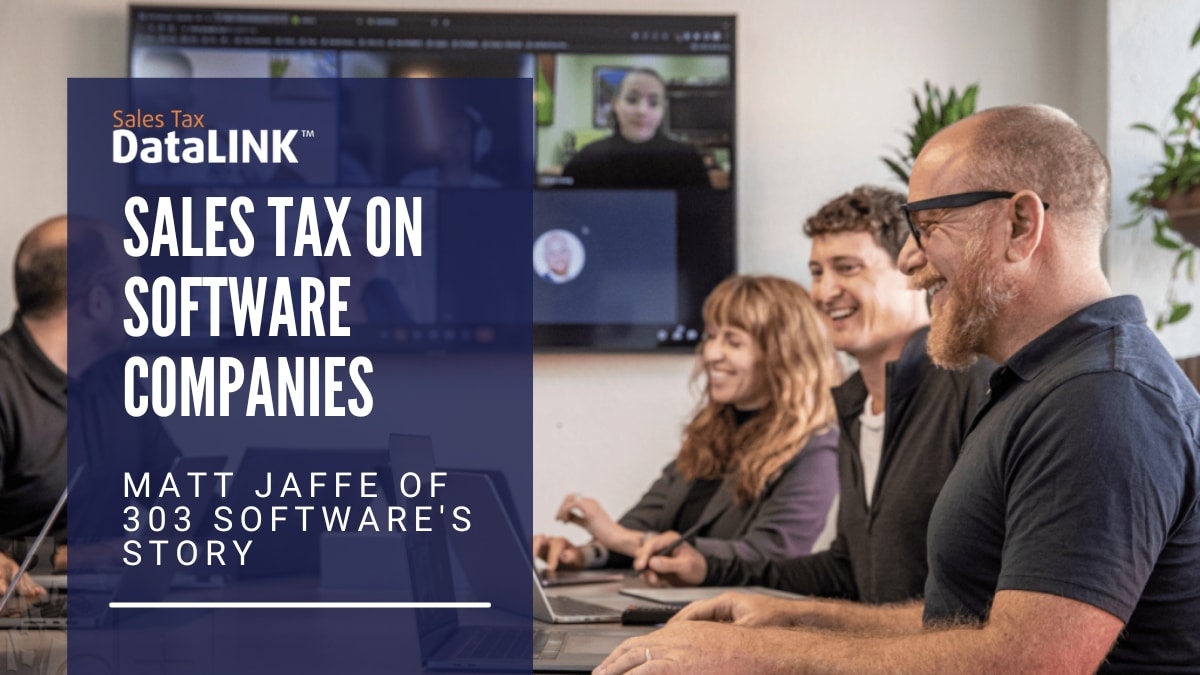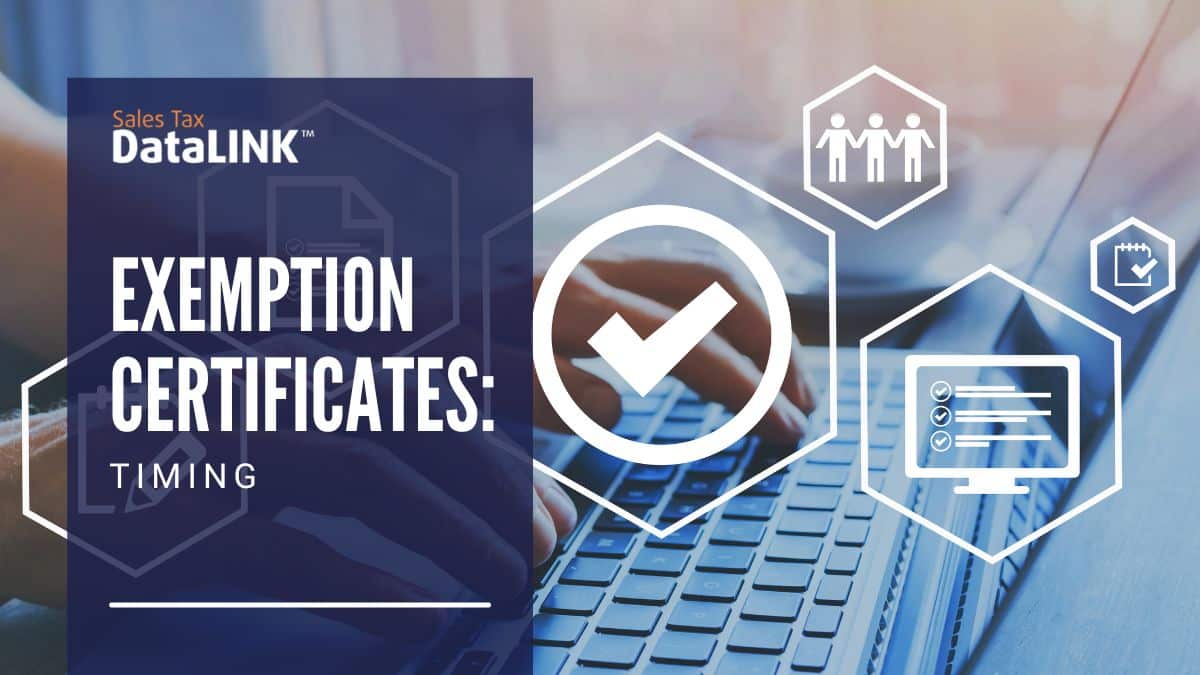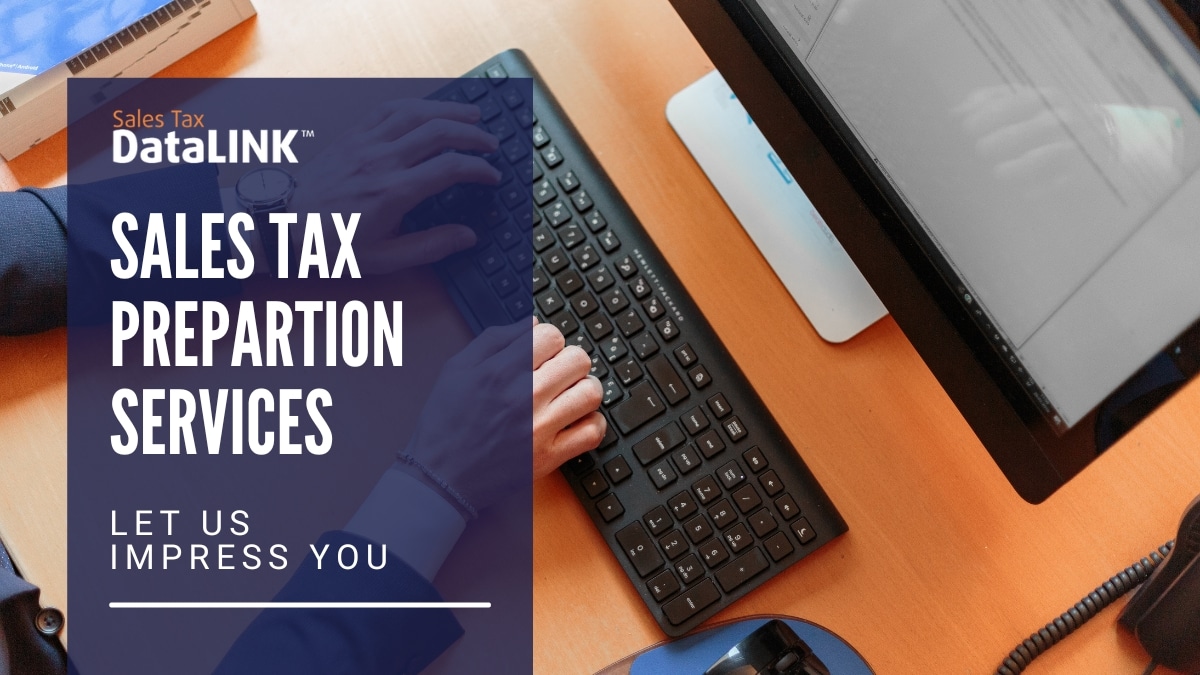Denver has a reputation as a tech-friendly city, but some of the software companies wouldn’t agree. Matt Jaffe recently faced an audit that saddled him with a $160,000 total for a sales tax his company– and many other software firms — didn’t even know existed. While they were there, the auditors also hit Jaffe up for use tax on things like food brought in from another town. Jaffe was ruled liable for the difference between the sales tax paid in the other town and what would have been paid in Denver. But the big issue is a tax on data processing from the 1980s that Denver’s officials have decided to apply to software developers in town. Their reasoning sounds very familiar. Denver’s economy is less reliant now on tangible goods, and more reliant on services and what you might think of as intangible goods.
Jaffe’s websites and web apps may seem like a professional service, but Denver decided they were goods under the 1980 law, which was quietly updated in 2013. Texas also requires web developers to charge sales tax, but Florida doesn’t — unless the work is somehow presented to the client as a physical object. If, for example, files are given by a web developer to a client on a flash drive, that would make the whole transaction taxable. In Wisconsin, if a hard copy of the code is printed out it becomes taxable. In Tennessee, it’s taxable if the server is located in Tennessee, no matter where the client is. From the jurisdiction’s point of view, consumer transactions are increasingly centered on things other than physical objects passed across a counter in a building.
States and cities feel that they should be able to get their share of these transactions, and it’s getting harder to do so. The laws, they feel, are outmoded. The jurisdictions have to figure out how they can make their current laws apply, or how they can change their current laws to retrieve their fair share of the revenue. Businesses and consumers usually don’t see it that way. Software developers are dealing with the issue by moving their offices, turning down work in jurisdictions that would complicate their sales tax compliance, or simply charging sales tax at all times, in case. Instead, check with your jurisdiction to make sure you know the laws, and use software like Sales Tax DataLINK that catches errors in your data instead of just copying the data onto a form.
Image courtesy of 303 Software.




